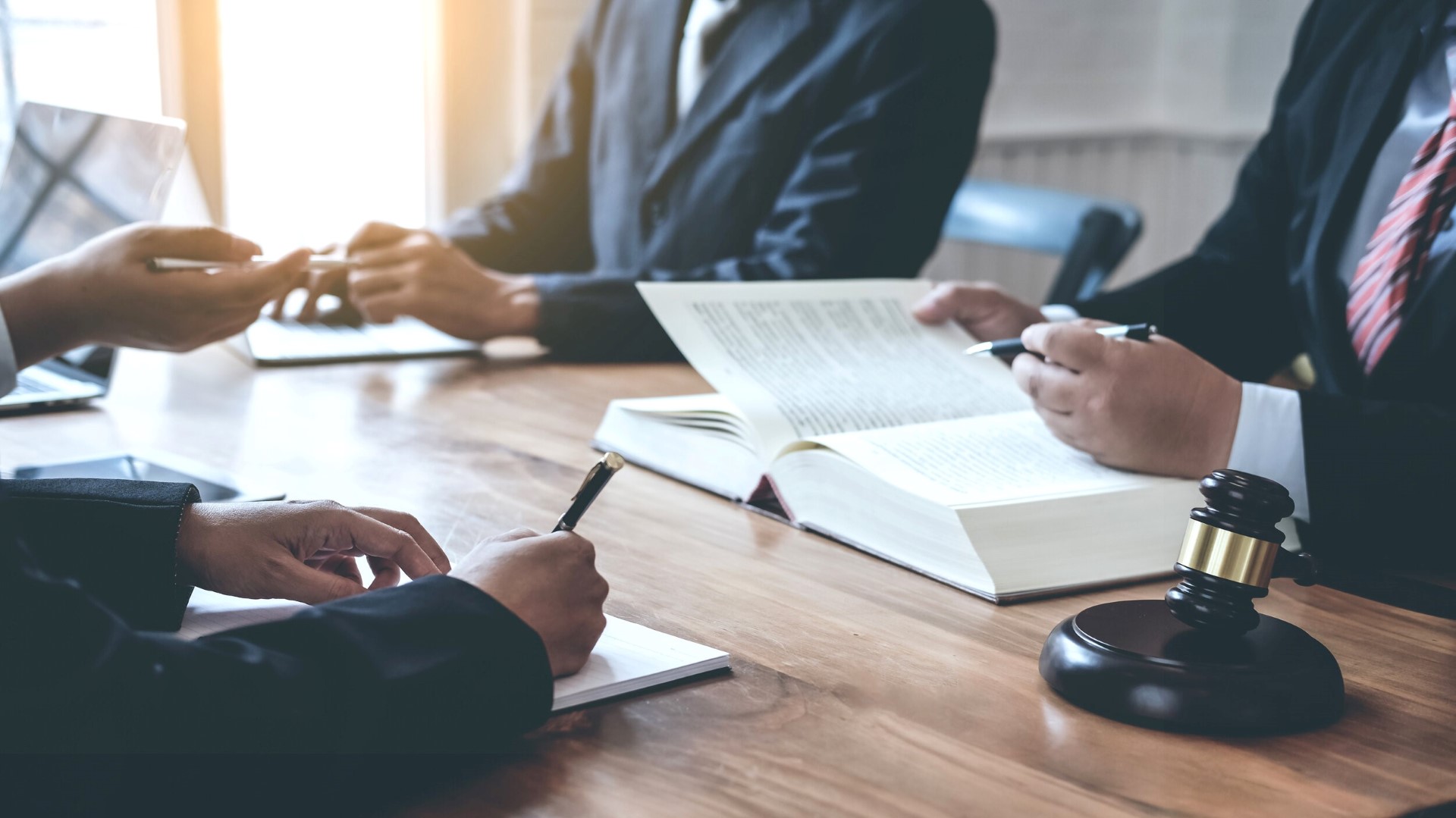
The Myth Of The Open And Shut Case
While it’s true that these kinds of cases do occur in real life to a certain extent (the arrests made in the Capitol Riot are a good example), most criminal cases are not nearly that simple.
In fact, it’s entirely possible for a defendant to go on trial, facing what looks like an insurmountable amount of evidence against them, only to have a jury find them not guilty. In movies and television, the outcome is predetermined by the writers. In real life, no one knows what the outcome of a trial will be in advance, and a variety of factors can completely change the course of a trial at any point.
The Evidence
Evidence on it’s own is often not enough to convict a defendant. Evidence is often only useful if a prosecutor can use it to build a narrative where the only possible outcome is that the defendant is guilty.
An experienced defense attorney will examine the evidence just as carefully, if not more so, than the prosecution and ask a simple question: does the evidence support any other narrative? If the evidence can plausibly support a narrative other than the one that the prosecutor is presenting, then there is cause for reasonable doubt.
Ready To Speak To An Attorney?
Call us now at (707) 540-2356
Witnesses
Witnesses can have a powerful impact on the trajectory of a case, both good and bad. But witnesses are human just like everyone else. Sitting in front of a jury in a public courtroom can be a very scary and stressful experience, and those feelings may cause someone giving testimony to seem less confident or truthful than they actually are.
It’s not uncommon for a key witness to refuse to testify entirely, making it almost impossible for the prosecution to build their case. It’s also fairly common for a witness of a crime to have a criminal history themselves. These types of witnesses are often extremely reluctant to testify in court unless there is a big incentive being offered to them.
The Attorneys
Being a good lawyer, particularly a good trial lawyer, often means also being a good public speaker. Attorneys, like witnesses, are people too (despite what decades of lawyer jokes would have us believe), and as such can suffer from the same fears and anxiety as everyone else.
There are many, many stories of lawyers on both sides managing to snatch defeat from the jaws of victory because they made simple mistakes. Some attorneys have a hard time connecting with the jurors, others may come across as overconfident, and some can be so boring that they actually put the jury to sleep.
The Jury
Believe it or not, the one thing that strikes fear in the heart of every lawyer in America is a jury verdict. The best lawyers on Earth cannot predict what a jury will decide once the case is in their hands, which is why the vast majority of cases in the American legal system are settled before they get anywhere close to trial.
What may seem like an open and shut case to everyone else in the courtroom may not be enough to sway a jury. And really, if just one juror in a major criminal trial remains unconvinced, that’s the end of the ballgame.
REQUEST A FREE PHONE CONSULTATION
At Quinnan Law, we offer every client a free phone consultation to discuss their unique situation and determine how we can help. To arrange a consultation, please fill out the adjacent form or call us at: (707) 540-2356.
We provide representation in California State and Federal Courts. We accept most major credit cards for your convenience.
